ICYMI: As Trade War Intensifies, Cramer Still Refuses to Protect North Dakota’s At-Risk Ag Economy
As the president escalates the trade war by threatening more tariffs, Cramer continues to support fraying trade partnerships – putting vital North Dakota industries at risk
(BISMARCK, ND) – In a dramatic escalation of the administration’s trade war, the president threatened tariffs on an additional $200 billion worth of Chinese goods. The question now is, when will Cramer finally stand up for North Dakota farmers, ranchers, manufacturers and producers against an impending trade war?
This announcement piles onto last week’s approval of tariffs on $50 billion worth of Chinese goods, which almost immediately provoked retaliatory tariffs on key American industries including soybeans, corn, wheat, automobiles and more. Should China counter the president’s latest threats with more trade measures of their own, the president has promised to escalate the trade war even further by launching tariffs on yet another $200 billion of Chinese goods.
And where is Congressman Cramer in all of this? Still refusing to stand up for North Dakota’s ag economy, which is particularly vulnerable to an intensifying trade war.
Agricultural exports are a vital part of the state’s economy, with over $5 billion in goods exported in 2016. The industries most likely to be affected by the trade war – agricultural exports and manufacturers dependent on steel and aluminum – are responsible for roughly 34,000 and 17,000 North Dakota jobs respectively. Additionally, China threatened this week to impose duties on U.S. oil imports that total nearly $1 billion per month. Further raising the stakes for North Dakota’s farmers and ranchers, the administration is also on the verge of a trade war with Canada and Mexico, who buy almost all of North Dakota’s corn, beef, pork, and poultry exports.
Read a quick recap of the article below:
The Hill: Trump calls for tariffs on additional $200B in Chinese goods as trade war ramps up
-
President Trump on Monday said he is directing his top trade official to identify $200 billion more worth of Chinese goods that will be subject to tariffs, escalating the ongoing trade dispute between the U.S. and China.
-
The president announced on Friday that the U.S. would impose 25 percent tariffs on $50 billion in Chinese goods. Beijing then responded with tariffs on $50 billion in U.S. products.
-
The White House’s move is expected to further ramp up trade tensions with Beijing and possibly risk Trump’s push to denuclearize the Korean Peninsula.
-
He has in recent weeks decided to implement steep tariffs against China and other key U.S. allies, despite warnings from congressional lawmakers that doing so could harm American workers and erase gains made from the Republican tax package.
-
The U.S. has also imposed tariffs this year of 25 percent on steel and 10 percent on aluminum from a wide range of nations, including China.
-
The moves have angered close allies including Canada, Mexico and the European Union, which are pleading their cases to the World Trade Organization and planning their own rounds of tariffs.
-
The U.S. Chamber of Commerce said that about $75 billion of U.S. exports will be hit with retaliatory tariffs during the first week of July from all of those nations, angering a wide range of business groups and roiling stock markets.

